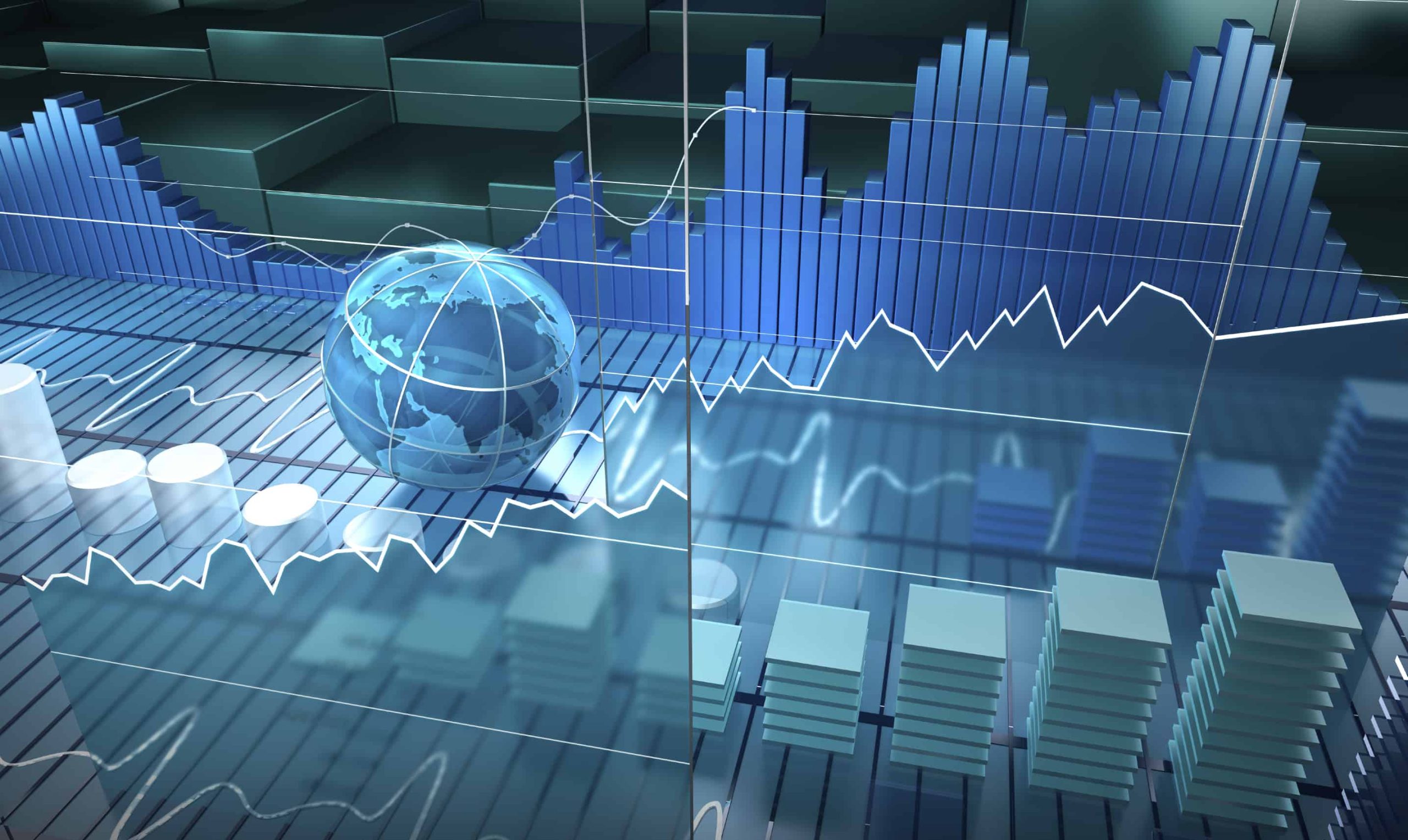When US President Donald Trump took office in late January there was general optimism that his policies would be pro-business and therefore helpful to financial markets and investments. That view lasted barely a month.
Trump soon began starting fights with friends and making noises about increasing import tariffs. Investors began to worry. When his “Liberation Day” arrived on 2nd April there was a run for the exits and search for safety.
The wild tariff demands caused panic. The S&P 500 Index of US shares fell nearly 20 per cent from 19th February to 8th April. Australia’s All Ordinaries Index of share prices fell close to 15 per cent over that period.
Then a journalist at The Economist magazine in London proposed the TACO theory, that Trump Always Chickens Out. Could it be that his extreme claims were simply a negotiating tactic? Was his bark much worse than his bite? Investor confidence began to recover a little.
As observers investigated the TACO theory further the evidence for it grew stronger. A threat of 100 per cent tariff could be negotiated down to 20 per cent. A demand for 50 per cent could be bargained down to 10 per cent. May and June saw strong share market rebounds.
The S&P 500 has now recovered all its losses and risen a further 4 per cent above its February high. Australian shares have also fully recovered and are slightly ahead. Professional investors are no longer scared of Trump. In fact they have become rather blasé, mostly ignoring his claims.
So what does the future hold? In attempting to answer that question we need to recognise that financial markets have no political interest, carry no emotion and have no sense of fairness. They simply adjust to whatever the rules are and carry on. They ignore Trump’s weird behaviour.
The schoolyard bully may be stealing from the weaker kids but the markets don’t care. If some countries’ tariffs are higher than others’ there will be more production in low tariff countries. The trade patterns for commodities, goods and financial assets simply adjust and carry on.
Trump is not a socialist. He is trying to stimulate US business and may succeed. If he does, demand for raw materials will increase, to Australia’s benefit. We export little directly to the US so the cost of US import duties on us will be small.
Trump is running up more US Government deficits and debt, a concern longer term, but manageable at present.
Interest rates are coming down around the world. The worst of the Trump thunderstorm has passed. The tempest is tapering. As it fades further, the weather for investors should be reasonable.

